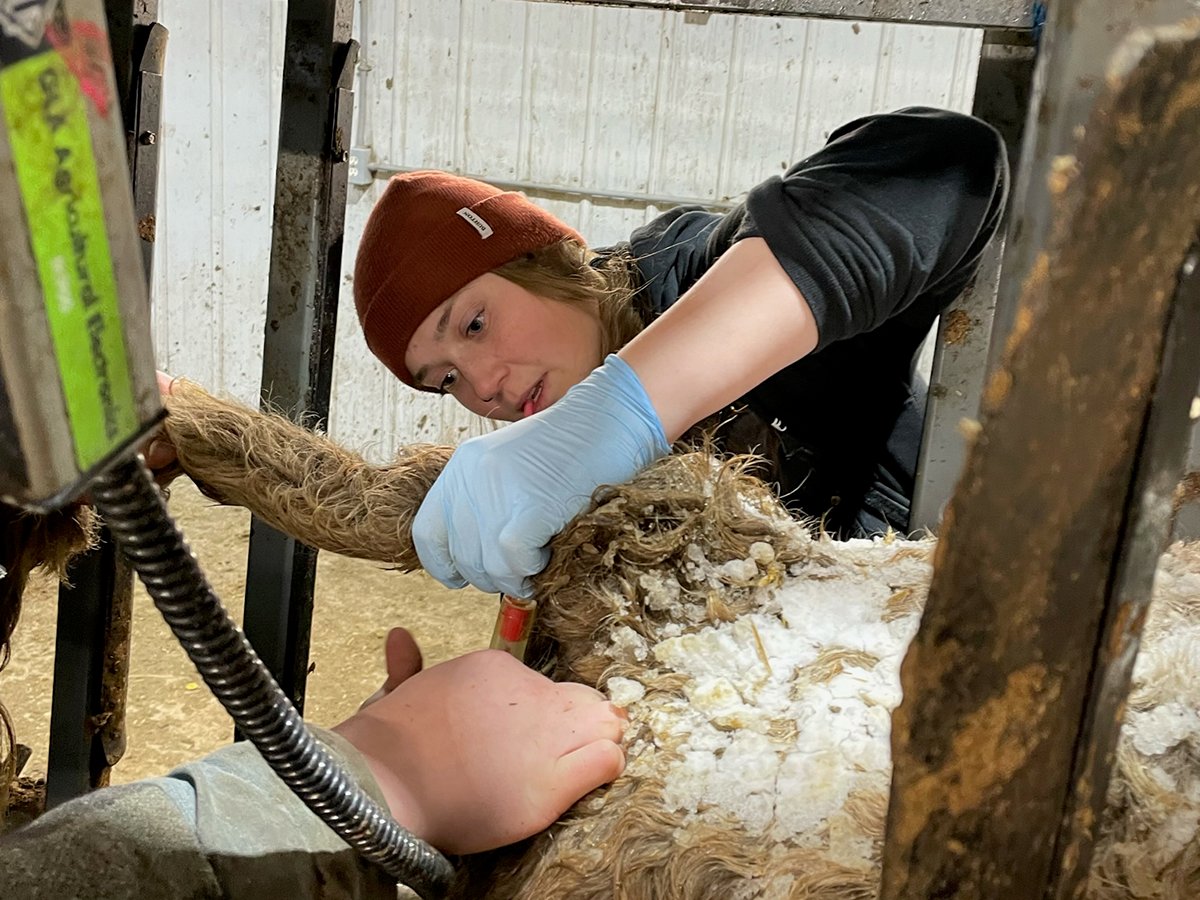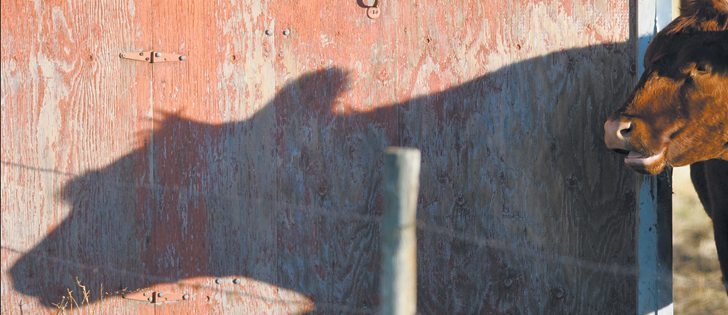Buyers excited | Key to XL plant reopening is implementation of new food safety program
It was a marked difference in styles as JBS USA took over management of the XL Foods slaughter plant in Brooks, Alta., last week.
Contrasted with the silence of XL Foods owners Brian and Lee Nilsson, who shared little of their E. coli troubles with cattle producers and consumers over the past two months, JBS officials talked openly about their plans for the plant.
“This plant will offer us great opportunities. We are very glad to be pursuing a foothold in Canada,” said JBS USA president Bill Rupp during a news conference in Brooks last week.
Read Also

Pen riders better than tech at detecting respiratory disease in feedlot cattle, says researcher
Katrina Garneau’s recent research found that pen riders are better than technology at flagging signs of BRD in feedlot cattle.
“It’s really an exciting time for us. I hope the exuberance I have for this hops off the screen.”
Dozens of JBS engineers, food safety experts and workplace specialists have spent the last three weeks inspecting the plant.
After talking to them and touring the plant himself, Rupp said there is no reason why the facility, at the centre of the largest food recall in Canadian history, can’t produce safe food.
“I don’t think it needs anything before it operates. This plant is very capable of producing a food-safe product,” said Rupp, who worked for Cargill for 27 years and spent two years in Canada helping build Cargill’s beef processing plant at High River, Alta.
“It’s a good clean facility. We just need to operate it.… We have found no shortcomings with this facility.”
After five weeks of closure, cattle were once again being slaughtered at the southern Alberta plant Oct. 29. Key to the plant’s reopening was the implementation of JBS USA’s food safety program, which Rupp said is in place at all eight of the company’s U.S. plants.
“We believe in our food safety process,” he said.
“Our food safety process isn’t complicated. It’s putting in a series of standard operating procedures, it’s putting in a series of auditing procedures. It’s about having positive conversations with our employees about the things we see through the auditing process and creating a learning environment on how those things happen.”
International HACCP Alliance president Kerri Harris was also at the plant Oct. 29 overseeing food safety protocols.
JBS staff spent two days training the more than 2,000 employees at the plant in workplace safety and food safety.
The production line started operating more slowly than its normal 4,000-head per day slaughter capacity to ensure employees and Canadian Food Inspection Agency inspectors at the plant understand the food safety protocol.
“We plan to do a lot of on the job training,” Rupp said, adding that the plant will likely resume its full slaughter capacity soon. The company will work with employers, the union and industrial engineers to ensure efficiency.
He said he doesn’t see why the plant can’t soon resume its 4,000-head a day slaughter capacity, but the company will work with employees, the union and industrial engineers to ensure the most efficient slaughter plant.
United Food and Commercial Workers local 401 president Doug O’Halloran said the union is “cautiously optimistic” about working with new JBS management, especially the commitment to ongoing worker training.
“It’s going to be great for everyone if they get it up and make money, then we’re all going to make money,” said O’Halloran.
He said during the shutdown that there was a culture of intimidation at the plant with no one listening to the concerns of the employees.
Rupp said JBS has no plans to change existing management. Management teams will be on site to ensure the smooth reopening of the plant but also to reinforce JBS’s 10-point culture statement, including culture point two that “nobody ought to have to work for a jerk.”
Once the plant is operating, JBS will shift its focus to the due diligence needed to buy the plant. The agreement with XL Foods gives JBS an exclusive option to buy various XL Foods holdings for $50 million in cash and $50 million in JBS shares.
“We’re exciting about the acquisition,” said Rupp.
He said the management and purchase plan came about suddenly when XL Foods’ owners called JBS looking for help to save their company.
“We weren’t sitting around waiting for something to happen to acquire this plant. Literally the call came three weekends ago and we jumped on a plane and flew up here and met with XL and talked about what was possible,” said Rupp.
“We don’t see any big deal breakers out there, but there’s a reason you do a due diligence process.”
Canadian Cattlemen’s Association vice-president Dave Solverson said the management takeover and possible purchase of the XL plant by JBS is a positive move, especially with its global marketing power.
“We’re encouraged and excited. The fact (is) JBS is such a global marketer,” said Solverson.















